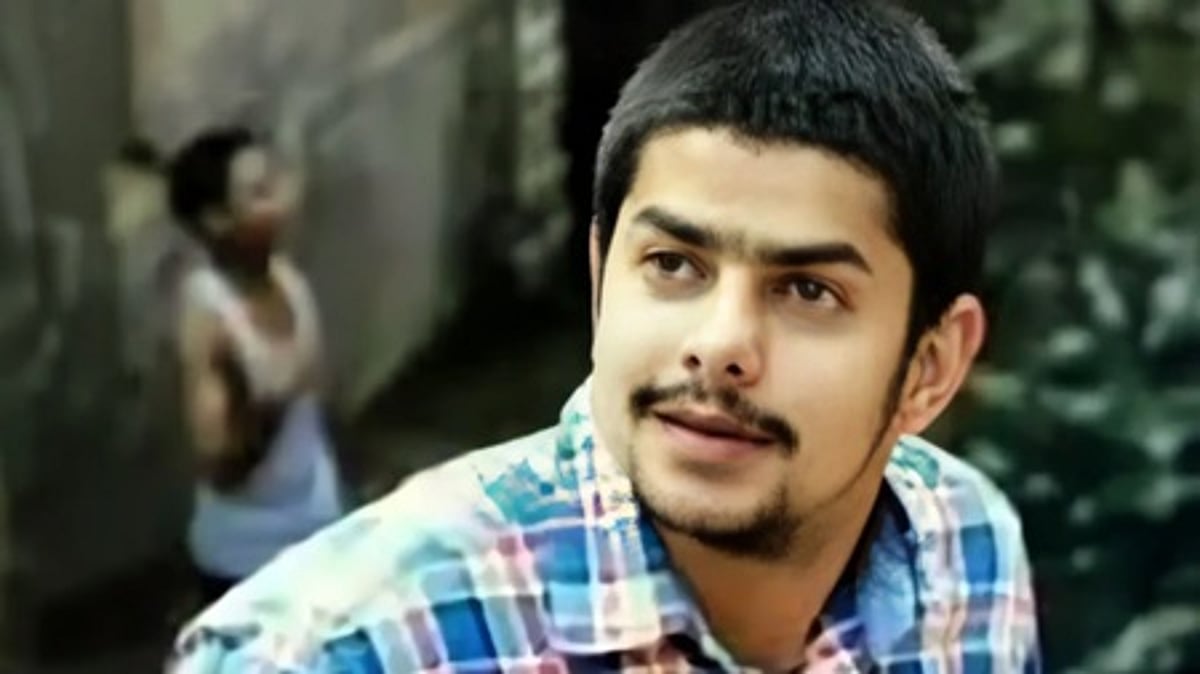 |
|
The recent meeting between officials from the Federal Bureau of Investigation (FBI) and Indian law enforcement agencies marks a significant development in the case of Anmol Bishnoi, the younger brother of notorious gangster Lawrence Bishnoi. Anmol Bishnoi's detention in California last week thrust him into the international spotlight, prompting discussions about his potential extradition or deportation back to India to face multiple serious criminal charges. The meeting, reportedly held at the FBI's New Delhi office, underscores the collaborative efforts between the two nations in tackling transnational crime. The confirmation from a US Embassy spokesperson regarding the engagement with Indian officials highlights the seriousness with which both governments are treating this case. This collaboration is crucial not only for bringing Anmol Bishnoi to justice in India but also for setting a precedent for international cooperation in apprehending and extraditing individuals involved in organized crime across borders.
The specifics of the charges against Anmol Bishnoi remain undisclosed in this initial reporting, but his connection to Lawrence Bishnoi, a known figure in the Indian underworld, inevitably casts a long shadow over the proceedings. Lawrence Bishnoi's criminal network is known for its extensive reach and involvement in various illegal activities, making Anmol Bishnoi's potential involvement a matter of considerable concern for Indian law enforcement. The implications of this case extend beyond the apprehension of a single individual; it represents a larger battle against organized crime and the need for robust international cooperation to dismantle these criminal networks. The success or failure of this extradition effort will undoubtedly have far-reaching consequences, impacting future collaborations between India and the US in combating transnational crime.
The legal process of extradition is often lengthy and complex, requiring a meticulous examination of evidence and adherence to established legal protocols. Both the US and Indian legal systems have specific requirements that must be met before extradition can be granted. This process involves navigating legal intricacies such as ensuring that the charges against Anmol Bishnoi meet the threshold for extradition under both US and Indian law, presenting sufficient evidence to support the charges, and ensuring that Anmol Bishnoi's rights are protected throughout the process. The potential for legal challenges and appeals adds another layer of complexity to the situation. The outcome will depend not only on the strength of the evidence but also on the interpretation of the applicable legal frameworks by both judicial systems. It remains uncertain how long the extradition process might take.
Beyond the legal complexities, the case highlights the challenges in effectively combating transnational organized crime. Criminal networks often operate across borders, exploiting loopholes and differences in legal systems to their advantage. The Bishnoi case underscores the need for stronger international cooperation, information sharing, and coordinated enforcement efforts to dismantle these networks effectively. This necessitates a broader conversation about strengthening international legal frameworks to address the challenges posed by transnational crime and ensure that criminals cannot escape justice simply by operating across borders. It also highlights the importance of continued collaboration and information sharing between India and the US to ensure that individuals involved in such criminal activities are held accountable for their actions.
The outcome of Anmol Bishnoi's case will serve as a significant benchmark for future collaborations between India and the US in dealing with transnational crime. A successful extradition would signal a clear message that international cooperation will not tolerate criminals operating across borders. Conversely, any setbacks or delays could potentially hinder future collaborations and underline the challenges involved in bringing international criminals to justice. Regardless of the outcome, this case underscores the crucial role of international partnerships in disrupting and dismantling transnational criminal organizations and ensuring a safer global community.
